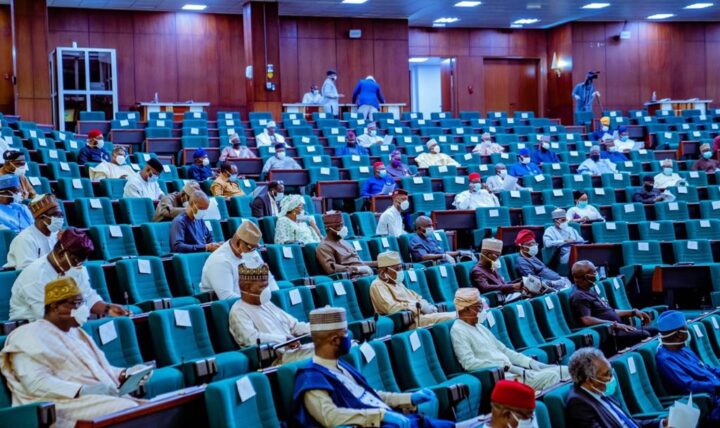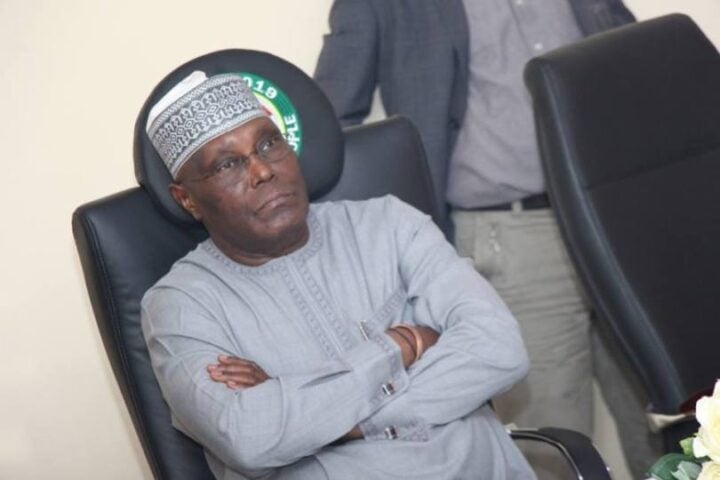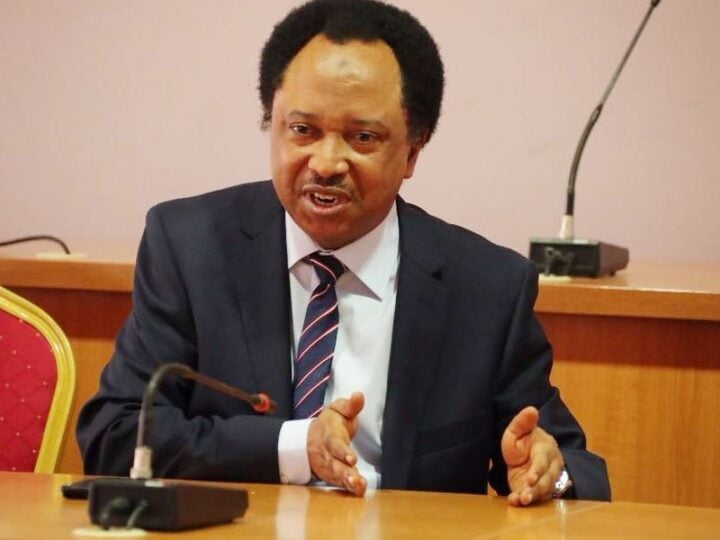Did you know? Under the revised electoral act amendment bill, presidential candidates can spend up to N5 billion as election expenses?
The provision is in the revised bill that was passed by the two chambers of the national assembly last week.
Compulsory direct primaries for political parties and electronic transmission of election results are among the amendments proposed by the national assembly.
But President Muhammadu Buhari had rejected compulsory direct primaries for political parties, saying the provision “violates the spirit of democracy”.
Advertisement
The clause was later removed by the legislature. The two chambers now agreed to let political parties elect their candidates directly, indirectly, or by consensus.
In the clean copy of the bill which will be sent to Buhari for assent, the national assembly raised the election costs for presidential candidates from N1 billion to N5 billion.
For governors, the legislature increased the total amount of election expenses from N200 million to N1 billion, while the total sum for senators and members of the house of representatives was increased from N40 million and N20 million to N100 million and N70 million respectively.
Advertisement
The old section 91 (1) reads: “Election expenses shall not exceed the sum stipulated in subsection (2) – (7) of this section.
“(2) The maximum election expenses to be incurred by a candidate at a Presidential election shall be N1,000,000,000.00.
“(3) The maximum election expenses to be incurred by a candidate at a Governorship election shall be N200,000,000.00.
“(4) The maximum amount of election expenses to be incurred by a candidate in respect of Senatorial and House of Representatives seats shall be N40,000,000.00 and N20,000,000.00 respectively.
Advertisement
“(5) In the case of State Assembly election, the maximum amount of election expenses to be incurred shall be N10,000,000.00.
“(6) In the case of a Chairmanship election to an Area Council, the maximum amount of election expresses to be incurred shall be ten million naira N10,000,000.00
“(7) In the case of councillorship election to an Area Council, the maximum amount of election expenses to be incurred shall be one million naira N1,000, 000.00.”
The new section 91 (1) reads: “Election expenses shall not exceed the sum stipulated in subsections (2) (3) (4) (5) (6) and (7).
Advertisement
“(2) The maximum election expenses to be incurred by a candidate at a presidential election shall not exceed N5,000,000,000.00.
“(3) The maximum amount of election expenses to be incurred by a candidate in respect of governorship election shall not exceed N1,000,000,000.00.
Advertisement
“(4) The maximum amount of election expenses to be incurred by a Candidate in respect of Senatorial and House of Representatives seat shall not exceed N100,000,000.00 and N70,000,000.00 respectively.
“(5) In the case of State Assembly election, the maximum amount of election expenses to be incurred by a candidate shall not exceed N30,000,000.00.
Advertisement
“(6) In the case of a chairmanship election to an Area Council, the maximum amount of election expenses to be incurred by a candidate shall not exceed N30,000,000.00.
(7) In the case of Councillorship election to an area Council, the maximum amount of election expenses to be incurred by a candidate shall not exceed N5,000,000.00.
Advertisement
The parliament also increased the amount an individual can donate to a presidential candidate from N1 million to N50 million.
Section 91 (9) of the old bill reads: “No individual or other entity shall donate more than N1, 000,000.00 to any candidate.”
Section 91 (9) of the new bill reads: “No individual or other entity shall donate to a candidate more than N50,000,000.00.”
The election expense regulations come amid public outrage over the need to regulate election costs to allow candidates and political parties with little financial resources to compete.
Add a comment






